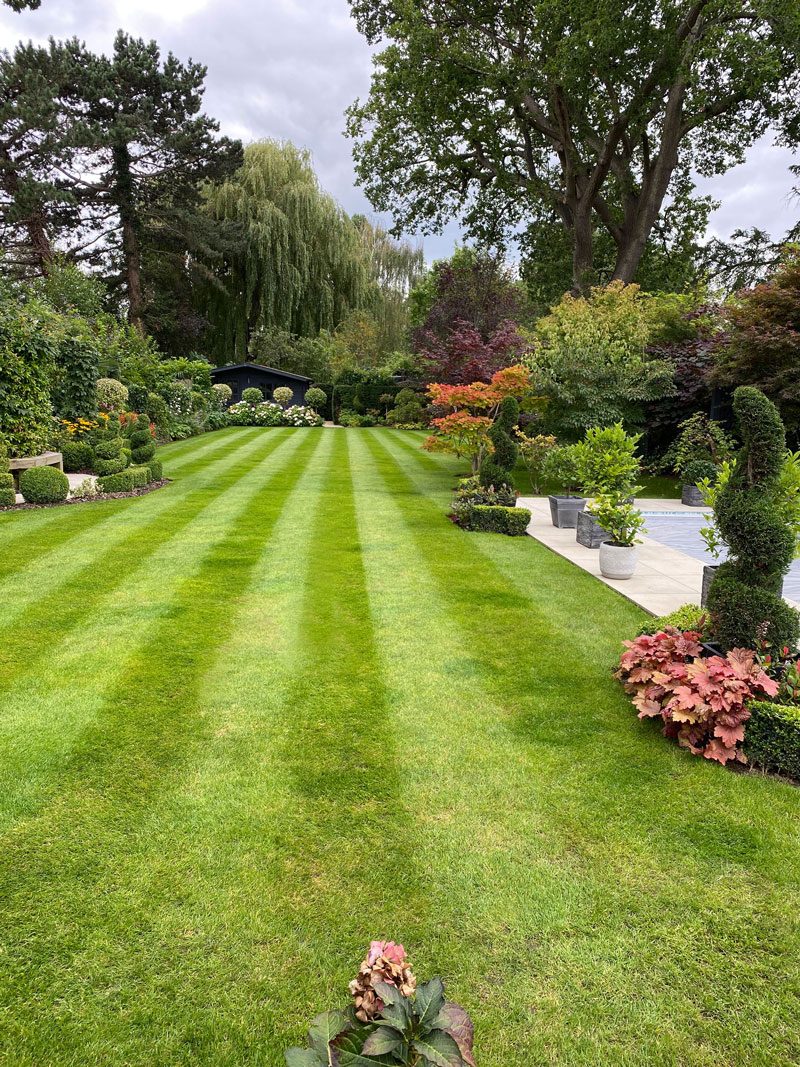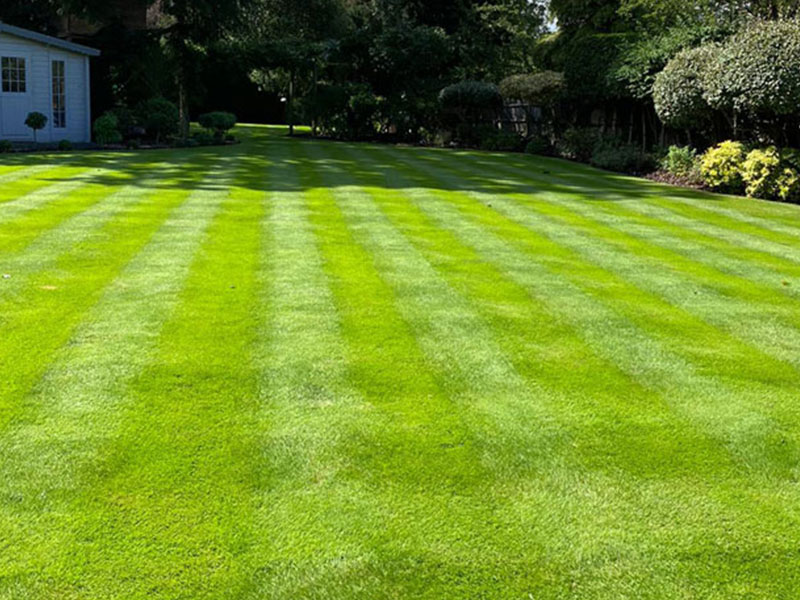Professional Lawn Care in Weybridge for Your Ideal Lawn
Maintaining a stunning, healthy lawn requires dedication and expertise. We specialise in comprehensive lawn care services in Weybridge, from routine mowing to specialised fertilization techniques, ensuring your lawn flourishes year-round.
Our team understands the nuances of different grass types, soil compositions, and local climate conditions. Through tailored approaches, we strive to provide top-tier lawn care, enhancing the beauty and health of your outdoor space.

Lawn Care Services for Reviving Neglected Lawns
Our comprehensive lawn care services specialize in rejuvenating neglected lawns through effective Scarification and regular feeding. For optimal results, our Scarification work is strategically performed during the prime periods of March or early September. This process involves the meticulous removal of moss and thatch from the lawn. To ensure maximum effectiveness, we apply iron sulfate two weeks prior to Scarification, effectively eradicating all moss.
Upon completing Scarification, we assess the lawn's condition to determine the necessity for top dressing with soil and seed. This step, combined with a subsequent application of specialized lawn fertiliser, guarantees exemplary results and cultivates a lush, vibrant lawn.
Year-Round Lawn Fertiliser Services for Vibrant Growth
Our year-round lawn fertiliser services prioritize sustaining healthy color and robust growth for your lawn. Our first feed is a potent 3-in-1 mixture designed to combat moss growth, suppress weeds, and stimulate grass growth. Executed in early spring, typically around March, this treatment coincides with the firming of the lawn area and favorable weather conditions.
Subsequently, two additional feeds are administered throughout the summer months, between May and August. These feeds serve to invigorate lawn growth and enhance the overall green appearance of the grass. Concluding our yearly regimen, a final feed is provided in autumn, ensuring a moss-free lawn and robust health to withstand the winter months.
Fun Fact:
"Did you know? A well-maintained lawn can increase a property's value by up to 15%, offering aesthetic appeal and curb appeal to potential buyers."
Top Ten Tips for Lawn Care and Maintenance:
- Regularly mow using sharp blades.
- Water deeply and infrequently.
- Test your soil for nutrient deficiencies.
- Use fertilizers tailored to your lawn's needs.
- Remove thatch buildup periodically.
- Aerate your lawn at least once a year.
- Address weeds promptly.
- Adjust mowing height according to the season.
- Overseed to promote thick, healthy turf.
- Hire professional services for specialized care.




Mowing Practices for Optimal Lawn Health
Proper mowing techniques significantly impact your lawn's health. Our professionals employ precise mowing practices, considering grass types, cutting height, and frequency. This approach ensures the grass remains healthy, promoting deeper root growth and resilience against weeds.
Fertilization Strategies for Nutrient-Rich Lawns
Fertilization is vital for replenishing essential nutrients in your soil. Our experts conduct soil analysis to determine nutrient deficiencies, customising fertilization plans for your lawn's specific needs. This approach fosters robust growth, vibrant color, and increased resistance to diseases.
Watering Techniques for Efficient Lawn Care
Efficient watering is fundamental for a lush lawn. We guide you on proper irrigation schedules, considering factors like soil moisture, grass type, and climate. Our recommendations optimise water usage, preventing over or under-watering, and fostering a healthy, vibrant lawn.
Get in touch
For expert lawn care services and consultation tailored to your lawn's needs, reach out to us today. Our team of professionals is dedicated to transforming your lawn into a lush, healthy landscape.
Q: How often should I mow my lawn?
A: Generally, lawns should be mowed once a week during the growing season. However, adjust frequency based on grass growth. Avoid cutting more than one-third of the grass blade length at once.
Q: When is the best time to water my lawn?
A: Early morning is the optimal time to water your lawn. This allows the grass to absorb moisture before evaporation occurs during the day.
Q: What is the ideal grass height for a healthy lawn?
A: The ideal grass height varies by grass type. Generally, maintain a height between 2.5 to 3.5 inches for cool-season grasses and 1.5 to 2.5 inches for warm-season grasses.
Q: How can I prevent weeds from overtaking my lawn?
A: Regular maintenance practices like proper mowing, watering, and fertilization can help prevent weed growth. Additionally, using pre-emergent herbicides before weed seeds germinate can be effective.
Q: What is the best fertilizer for my lawn?
A: The best fertilizer depends on your soil type and grass variety. A soil test can help determine nutrient deficiencies. Choose a balanced fertilizer or one specifically formulated for your grass type.
Q: How can I repair patches or bare spots in my lawn?
A: To repair patches, loosen the soil, add fresh grass seeds, cover with a thin layer of soil or compost, and water regularly until new grass grows.
Q: What causes brown spots in my lawn?
A: Brown spots can result from various issues, including overwatering, underwatering, fungal diseases, pet urine, or compacted soil. Identify the specific cause to apply the correct remedy.
Q: How do I aerate my lawn, and why is it necessary?
A: Aerating involves perforating the soil to allow air, water, and nutrients to penetrate grassroots. Use a core aerator or spike aerator and perform it annually to alleviate soil compaction and promote healthy grass growth.
Q: Should I bag or mulch grass clippings?
A: Mulching grass clippings is beneficial as it returns nutrients to the soil. Only bag clippings if the grass is excessively long or if there's a disease present to prevent its spread.
Q: When is the best time to overseed my lawn?
A: Early fall is the ideal time to overseed cool-season grasses, while late spring to early summer is suitable for warm-season grasses. Ensure the soil is adequately prepared and watered for successful overseeding.
